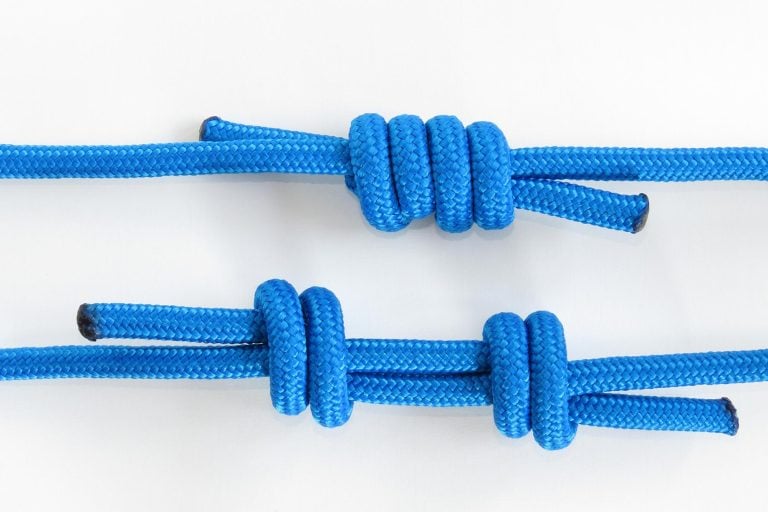A recent study from Johns Hopkins University has revealed a surprising gap in our intuitive physics: most people are unable to distinguish between strong and weak knots. Despite our everyday encounters with knots, from tying shoelaces to managing power cords, humans consistently fail to judge knot strength, even when provided with visual aids.
The Experiment: Can You Spot the Strongest Knot?
The study’s simple yet ingenious experiment involved showing participants four knots that are physically similar but have a hierarchy of strength. Participants were asked to look at the knots, two at a time, and point to the strongest one. The results were astonishing: participants were consistently incorrect, even when shown videos of the knots rotating or provided with diagrams of the knots’ construction.
The Blind Spot in Our Physical Reasoning
The study’s findings expose a new blind spot in our understanding of physical reasoning. According to co-author Chaz Firestone, “People are terrible at this. Humanity has been using knots for thousands of years. They’re not that complicated—they’re just some string tangled up. Yet you can show people real pictures of knots and ask them for any judgment about how the knot will behave and they have no clue.”
The Inspiration Behind the Experiment
The experiment was inspired by PhD student Sholei Croom’s experience as an avid embroiderer. Croom realized that knots might be a rare vulnerability in our intuitive physics, and the experiment was designed to test this hypothesis.
The Implications of the Study
The study’s findings have significant implications for our understanding of human cognition and physical reasoning. According to Croom, “We’re just not able to extract a salient sense of a knot’s internal structure by looking at it. It’s a nice case study into how many open questions still remain in our ability to reason about the environment.”
Reference
Croom, S., & Firestone, C. (2024). Tangled Physics: Knots Strain Intuitive Physical Reasoning. Open Mind, 1-12. DOI: 10.1162/opmi_a_00159

















